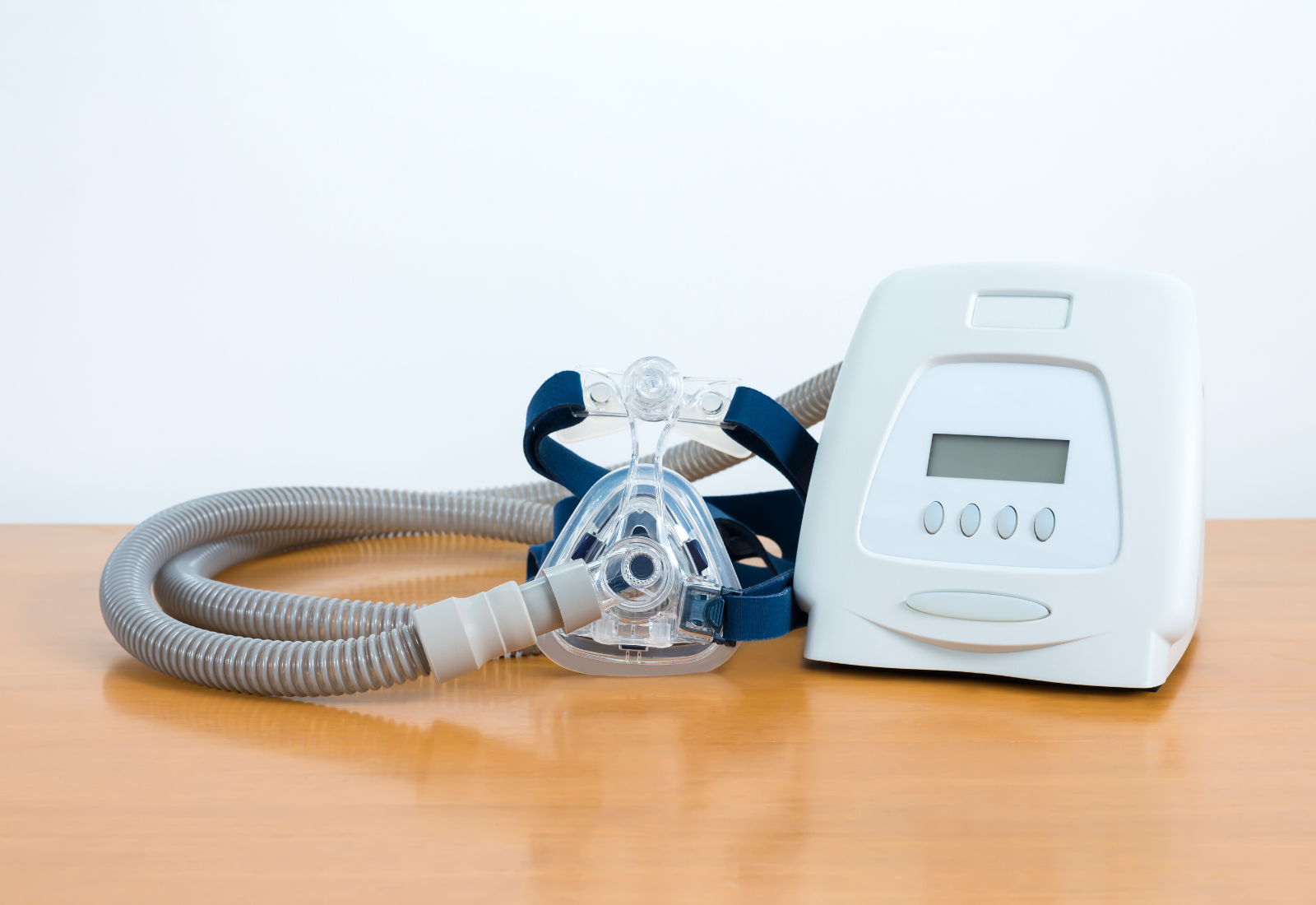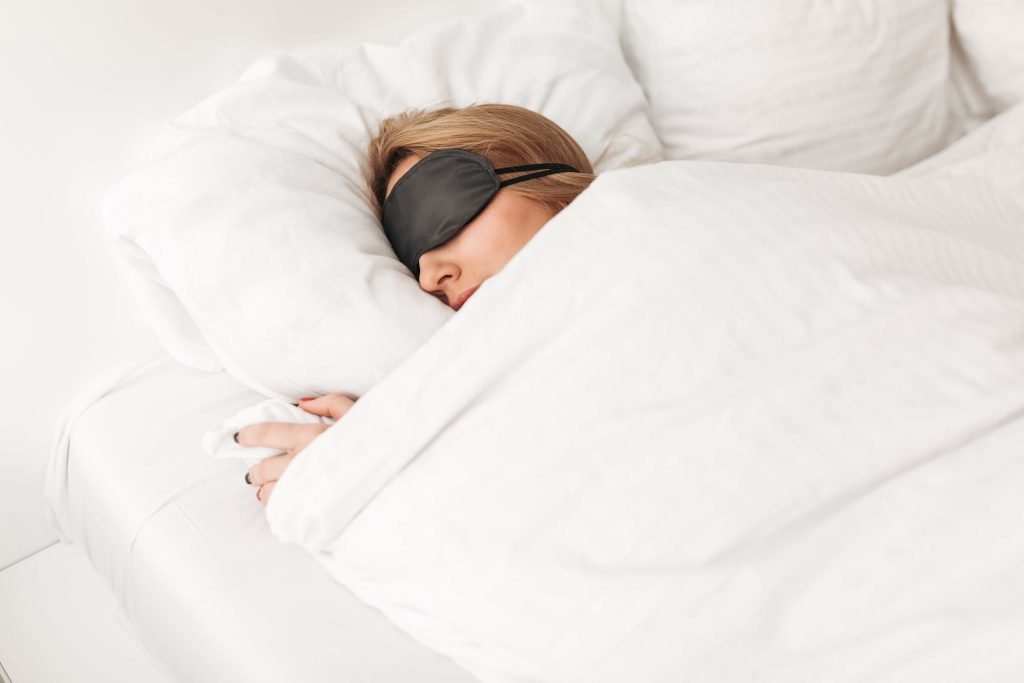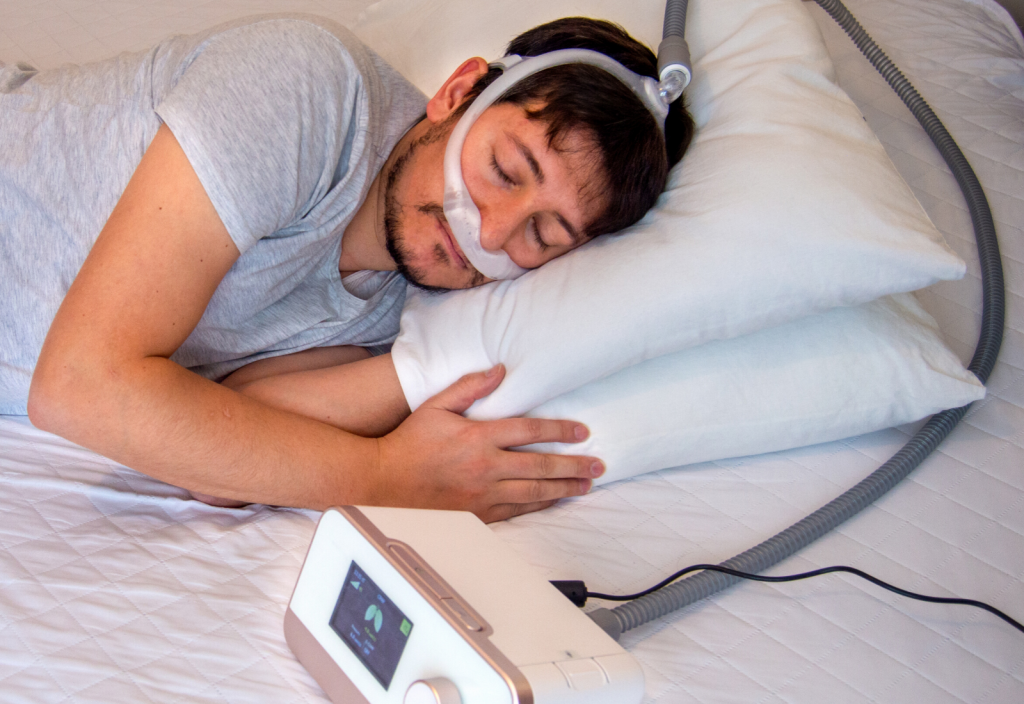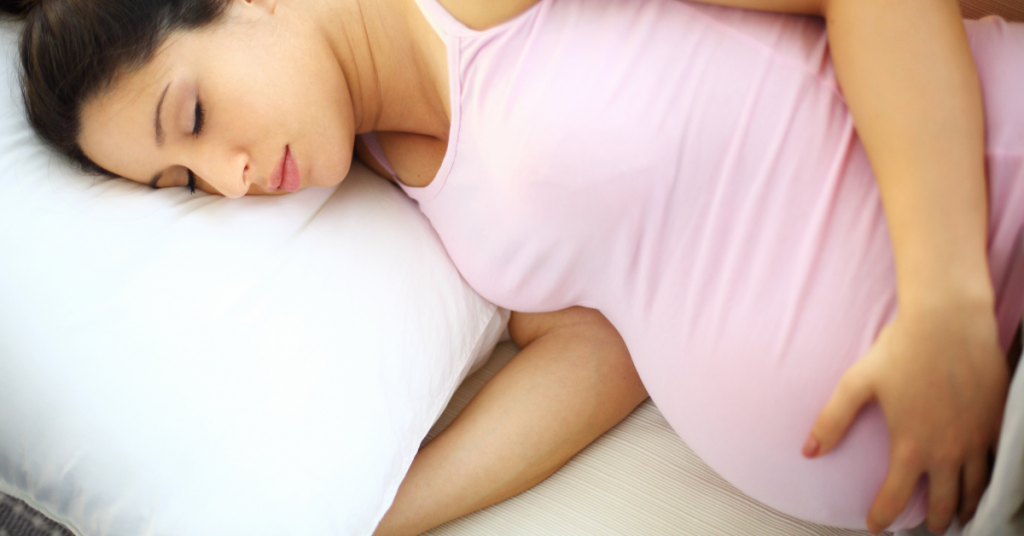It can be confusing when you complete a sleep study and are presented with treatments that seem scientific and difficult to get used to. In this article we look at CPAP Vs BIPAP and establish a difference.
What Is CPAP?
CPAP is a medical piece of equipment that can be used in the home. It is a machine that attaches to a pipe, which attaches to a mask. The mask is placed over the users nose or nose and mouth when they sleep.
The machine then blows air through the pipe and mask into the user’s airway to maintain a steady flow of breath throughout the night.
This machine is a treatment given to those suffering with Sleep Apnoea.
What Is BIPAP?
BIPAP (sometimes known as BPAP) is short for Bilevel Positive Airway Pressure. This is extremely similar to CPAP.
It is a machine that blows air into ones airway.
BIPAP and CPAP machines function in a very similar fashion and design. Both aim to aid in sleep by keeping the airways open for the user to breathe easily and consistently throughout the night.
Both are also a non-invasive and popular treatment for Sleep Apnoea.
CPAP Vs BiPAP: What Is The Difference?
The major difference between the two machines is options for pressure settings. Your GP or Doctor will usually set the pressure of your CPAP or BIPAP machine. For some, the pressure of the CPAP machine can cause great discomfort. A common complaint is the difficulty in exhaling against the air flow pressure of the machine. This is because it supplies a singular constant pressure.
However, in contrast, the BIPAP machine has two pressure settings. One for inhalation and one for exhalation. The higher pressure is applied for inhalation maximising the opening of the airway (the point of the machine). Whilst the lower pressure is released for exhalation, making it easier to breathe out against the air pressure.
The lower pressure still keeps the airway open to avoid periods of collapse but is easier to breathe against making it more comfortable for most.
Because of this reason BIPAP is also prescribed to patients who have congestive heart failure, COPD and other serious conditions that effect the lungs and respiratory system.
As well as this, BIPAP is often used to treat people with degenerative nerve and muscle conditions or damage. Most with conditions like this will struggle with CPAP machines and is not individualised as easily as a BiPAP machine.
BIPAP machines can be set to make sure that users breathe a set number of times per minute during the night.
This is where CPAP sometimes fails and BiPAP will be used instead. The idea is to give people with sleep disorders a more restful night sleep. But for some the CPAP machines do not offer this as a result of the single air pressure and will change to a more tailored BiPAP machine instead.
For mild to moderate Sleep Apnoea the CPAP machines are great. However, for those that need higher pressure a BiPAP machine is usually more comfortable.
Which Is Best For Me?
Whilst it may seem BIPAP is the clear ‘winner’ in the CPAP Vs BIPAP debate this is not the case. Keep in mind that they both offer the same treatment but in different ways. And each is suited to an individual.
When deciding which treatment is best for your needs speak to your Sleep Physician.
BiPAP has many benefits that the CPAP may appear to fall short on. But there are many that sleep well and are treated sufficiently for Sleep Apnoea by using a CPAP machine.
The CPAP machines also come in a variety of shapes and sizes. Some may just cover your nose, which could be a solution to exhaling against high pressure. There are also various accessories for you to make the CPAP more comfortable and to your likely.
With either machine it is safe to say there is an adjustment period. And there may be a level of discomfort when first starting to use them.
The conclusion being that both are saving lives one breath at a time!









